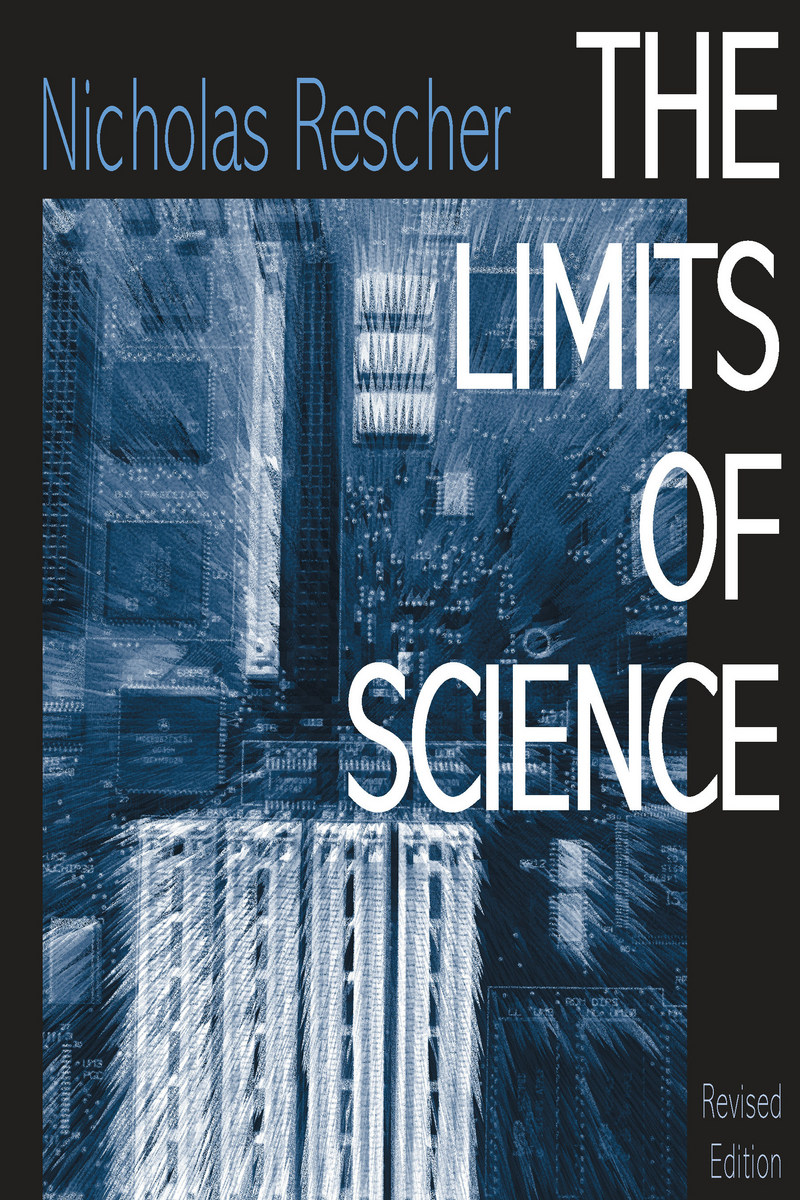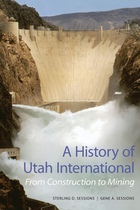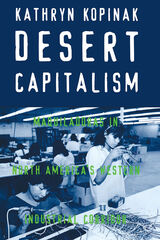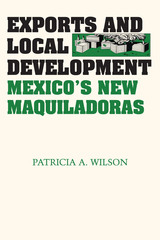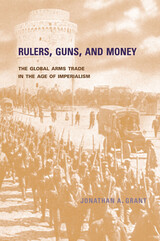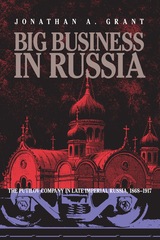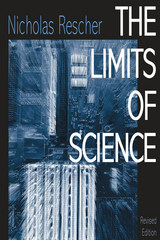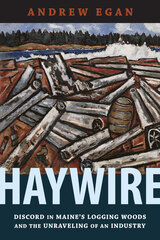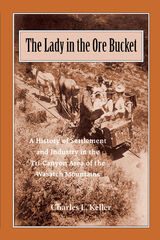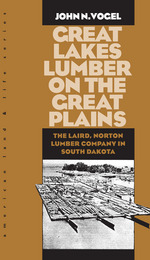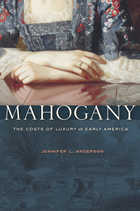The Limits Of Science
University of Pittsburgh Press, 1999
eISBN: 978-0-8229-7206-8 | Paper: 978-0-8229-5713-3
Library of Congress Classification HD9744.F554K734 1999
Dewey Decimal Classification 338.762340947
eISBN: 978-0-8229-7206-8 | Paper: 978-0-8229-5713-3
Library of Congress Classification HD9744.F554K734 1999
Dewey Decimal Classification 338.762340947
ABOUT THIS BOOK | AUTHOR BIOGRAPHY | TOC | REQUEST ACCESSIBLE FILE
ABOUT THIS BOOK
Perfected science is but an idealization that provides a useful contrast to highlight the limited character of what we do and can attain. This lies at the core of various debates in the philosophy of science and Rescher’s discussion focuses on the question: how far could science go in principle—what are the theoretical limits on science? He concentrates on what science can discover, not what it should discover. He explores in detail the existence of limits or limitations on scientific inquiry, especially those that, in principle, preclude the full realization of the aims of science, as opposed to those that relate to economic obstacles to scientific progress. Rescher also places his argument within the politics of the day, where "strident calls of ideological extremes surround us," ranging from the exaggeration that "science can do anything"—to the antiscientism that views science as a costly diversion we would be well advised to abandon. Rescher offers a middle path between these two extremes and provides an appreciation of the actual powers and limitations of science, not only to philosophers of science but also to a larger, less specialized audience.
See other books on: Firearms industry and trade | Krasnyĭ putilovet͡s | Krasnyĭ putilovet︠s︡ | Limits | Rescher, Nicholas
See other titles from University of Pittsburgh Press
